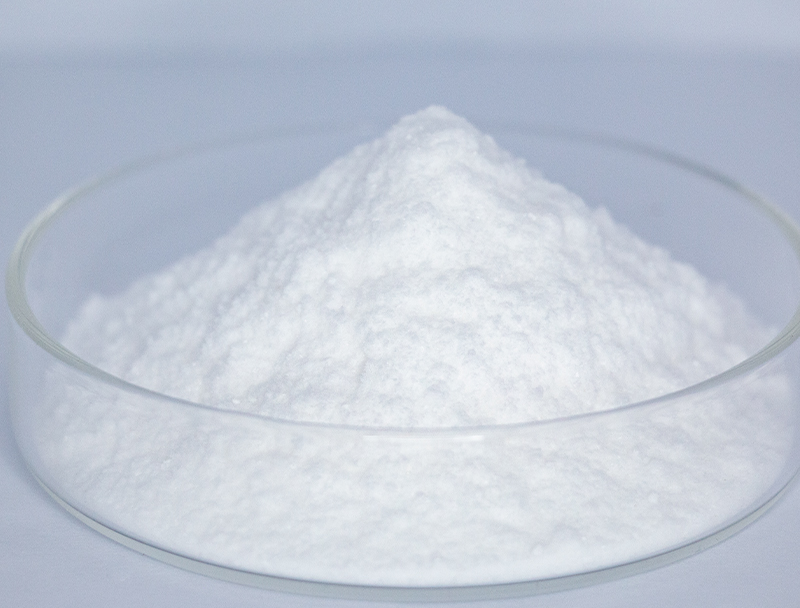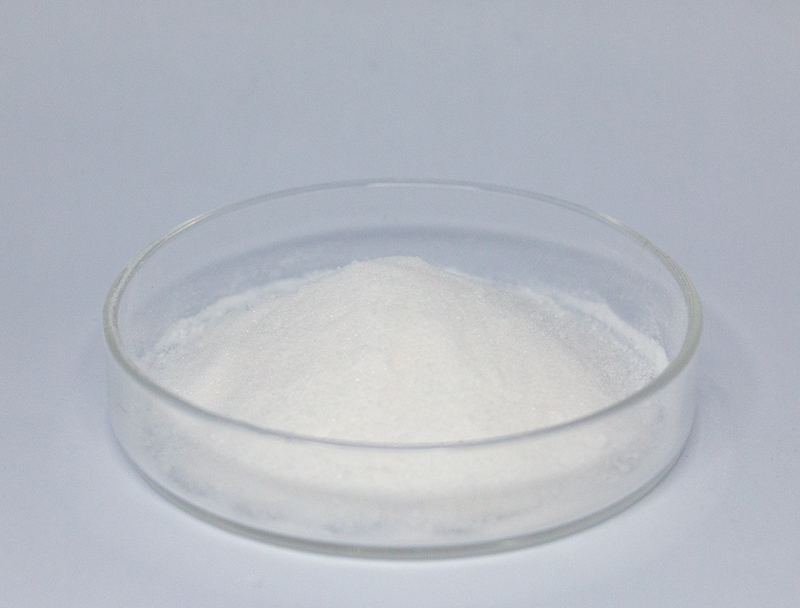
Bioprocessing depends strongly on a vast array of base components for developing state-of-the-art biosolutions.
Maintaining ethical acquisition of feedstocks is vital for future-proofing and moral progress in biomanufacturing.
numerous problems stemming from established sourcing methods including carbon-intensive impacts and resource exhaustion. Therefore, biomanufacturing companies must actively seek out alternative sourcing strategies to minimize their ecological footprint.
- Illustrations of eco-conscious sourcing involve:
- Harnessing secondary biomass from farming outputs
- Integrating recovery systems to shrink waste while improving throughput
- Aligning with domestic providers that adhere to transparent sourcing
Such a move to ethical procurement delivers ecological gains and commercial returns over time.
Improving Biomass Inputs to Boost Biofuel Yields
Optimizing biofuel yields depends strongly on feedstock quality and makeup. Researchers repeatedly investigate innovative methods to enhance feedstock potential, leading to higher yields of biofuels and a more sustainable energy future. Tactics include molecular breeding to increase biomass and chemical or physical pretreatments to release sugars.
- Furthermore, teams search for alternative biomass sources including algal strains, industrial wastes, and crop leftovers to broaden sustainable feedstock options for fuels.
- By means of ongoing innovation the biofuel sector can achieve substantial advances soon, shaping a cleaner energy future.

Biopharmaceutical Production: Innovations in Upstream Processes
includes primary operations from inoculation through cell collection Current advancements have streamlined operations and improved bioproduct yields.
Key advancements include the utilization of novel cell lines, optimized culture media formulations, and intelligent bioreactor designs. These innovations not only enhance productivity but also minimize production costs and environmental impact.
- Moreover, continuous manufacturing adoption is enabling dynamic control and greater adaptability in upstream workflows.
- This transition to advanced manufacturing techniques is set to transform the sector and accelerate therapeutic timelines.

Innovations in Gene Editing for Improved Biopharmaceutical Yield
improvements in molecular editing platforms like CRISPR have updated therapeutic production processes. Through controlled genetic modifications, practitioners increase therapeutic protein production. Such strategies offer promise to create cost-effective, high-efficiency therapeutics across many disease areas.
Harnessing Microbial Biotechnology for Sustainable Bioremediation
innovative solutions for sustainable bioremediation, a critical process for addressing environmental pollution. Microorganisms possess the remarkable ability to degrade and transform harmful pollutants into less toxic substances.. Tapping into these capabilities enables green remediation tactics to restore ecosystems affected by industrial contamination.. Investigators study multiple microbial strains for abilities to transform metals, degrade agrochemicals, and process petroleum wastes.. The microbes may be applied within engineered reactors or in situ to catalyze pollutant degradation via biotransformation..
Microbe-based remediation provides compelling advantages over standard remediation methods. This method provides a low-cost, low-waste alternative to conventional remediation. Also, microbial interventions offer targeted remediation that minimizes collateral ecosystem disturbance. Ongoing innovation aims to boost the throughput and efficacy of microbe-driven remediation approaches.
Leveraging Bioinformatics for Novel Therapeutics
Informatics platforms are essential to current drug discovery and development pipelines. By analyzing biological data to select and improve leads, computational methods support efficient drug development.
- Using extensive genomic, proteomic, and patient data, analysts discover targets and anticipate therapeutic performance.
- Additionally, simulation tools enable prediction of binding and activity, guiding creation of more potent drugs.
- Ultimately, informatics is transforming R&D and shortening timelines to deliver safe, efficacious therapies to patients.
Optimizing Metabolism to Increase Bioproduct Production
adopts varied approaches to raise biosynthetic yields of beneficial compounds. Techniques span CRISPR-mediated edits to reshape pathways, synthetic control elements to fine-tune expression, and gene imports to grant new biosynthetic abilities.. By fine-tuning these processes, engineers can significantly increase the yield of desired bioproducts.
Such an integrated approach may disrupt diverse fields including therapeutics, crop science, and sustainable fuels.

Scaling Biopharma: Difficulties and Strategic Opportunities
Commercializing biopharma production involves significant constraints and promising benefits. Ensuring product consistency at larger manufacturing scales represents a major hurdle. Addressing it demands strong process governance, accurate real-time analytics, and advanced measurement systems.

Complexity in multi-step biomanufacturing operations presents ongoing operational challenges.. Optimizing these processes for large-scale production can be a complex undertaking, requiring extensive research and technological innovation.. Nonetheless, the advantages can be major. Skilled scaling can enlarge supply, lower prices, and increase profit potential.
Various efforts target the core issues of industrialization. Plans feature next-gen optimization hardware, sophisticated real-time analytics, and forward-looking production strategies.
- Developmental projects contribute critically to scaling manufacturing competency.
- Regulatory bodies are modernizing pathways to accelerate approval of advanced production technologies and support innovation.
Mapping the Compliance Environment for Safe Therapeutic Development
Producing biopharmaceuticals demands comprehensive oversight to guarantee safety and clinical effectiveness. Biologically based treatments require tailored oversight and production controls beyond those for typical medicines.
Organizations like the FDA and EMA provide essential guidance and set standards for 5-ALA authorizing novel biotherapeutics..
Extensive evaluation procedures are essential across development phases, spanning preclinical work to post-market checks.. The protocols serve to uncover safety concerns and certify that products fulfill rigorous protection standards..
Moreover, oversight agencies continually refine approaches to align with accelerating scientific progress in therapeutics.. Actions include accepting new technologies and streamlining development channels while safeguarding patient health.

Assessing Plant Biomass Pathways for Bioplastic Innovation
The rising demand for eco-friendly materials fuels R&D on bio-based alternatives. Bioplastics produced from plant biomass form a compelling option for lowering environmental footprint. Sources like cornstarch, cellulose fibers, and sugarcane biomass can transform into compostable plastics that decompose and reduce pollution.
Also, many renewable bioplastics exhibit comparable mechanical and functional traits to conventional plastics across applications.. Sustained research efforts are necessary to optimize plant feedstocks for mass bioplastic production and enable circularity.
Biotech Innovations Addressing Health and Food Challenges
Emerging biotechnologies deliver avenues to improve health outcomes and secure food resources. By harnessing genetic engineering, synthetic biology constructs, and advanced cell therapies, technologists deliver capabilities to reduce disease burden, raise crop outputs, and increase food value. Illustratively, crops altered for pest resistance and stress endurance support increased harvests and diminished pesticide usage.. Also, biotechnological innovation fuels development of immunizations, antimicrobial treatments, and diagnostic platforms vital for disease control and population health.. As the field evolves, biotechnology is expected to play a pivotal role in shaping a healthier and environmentally sustainable future for all.
